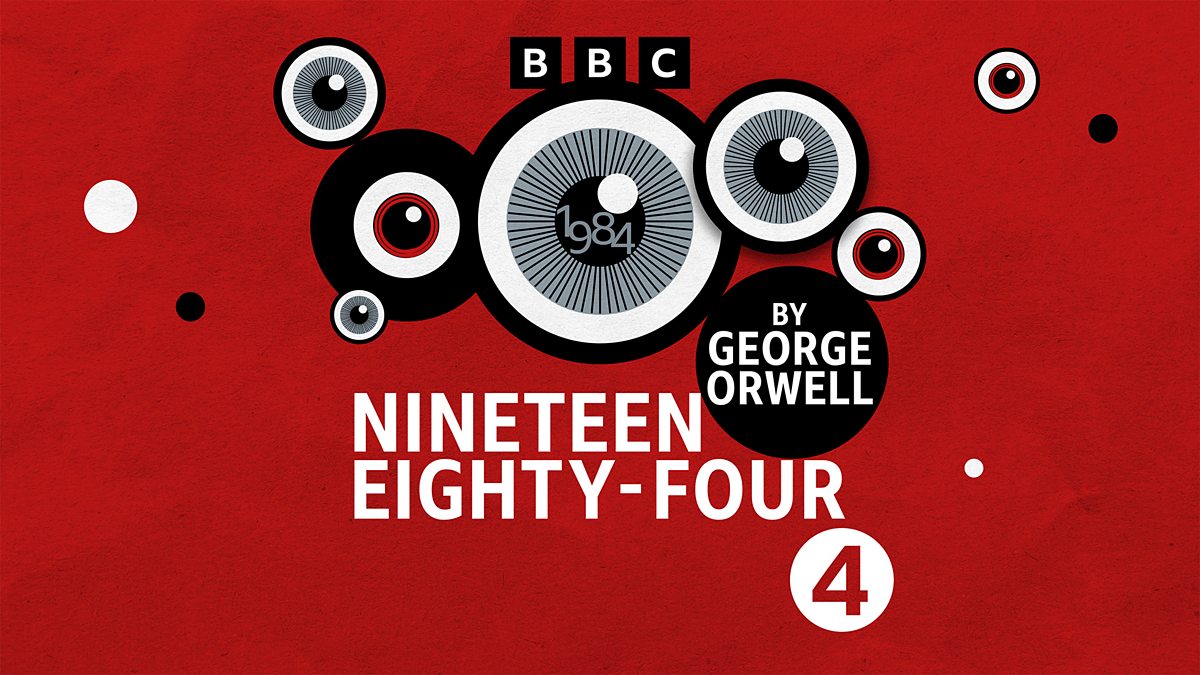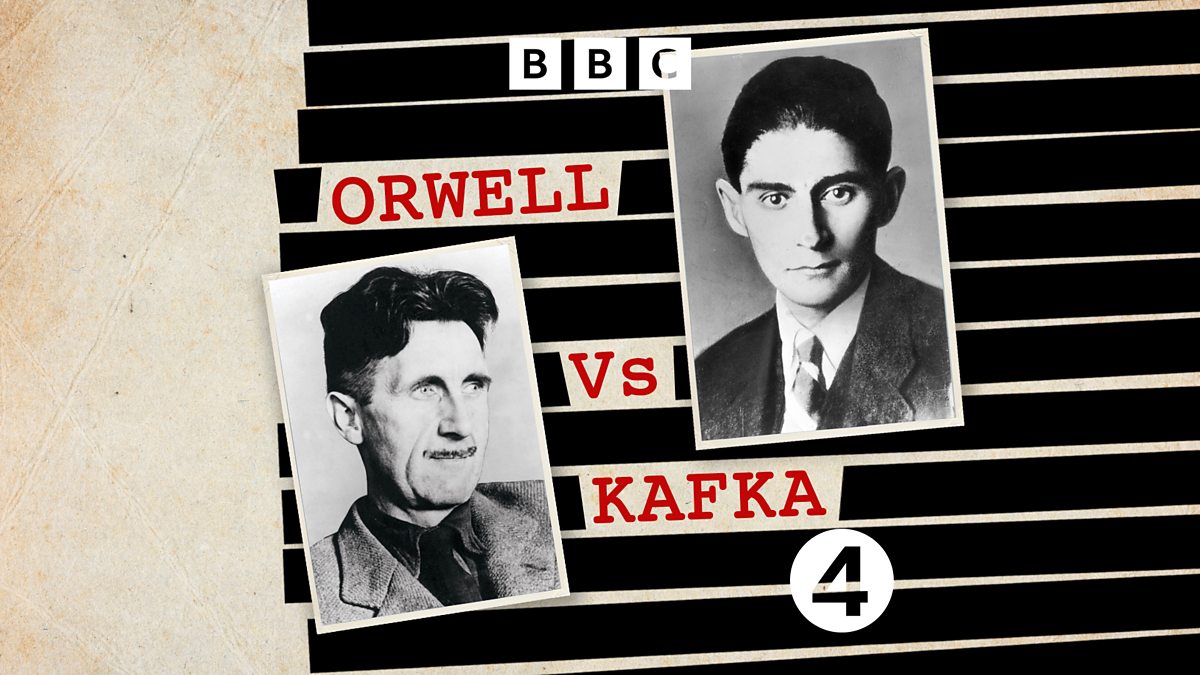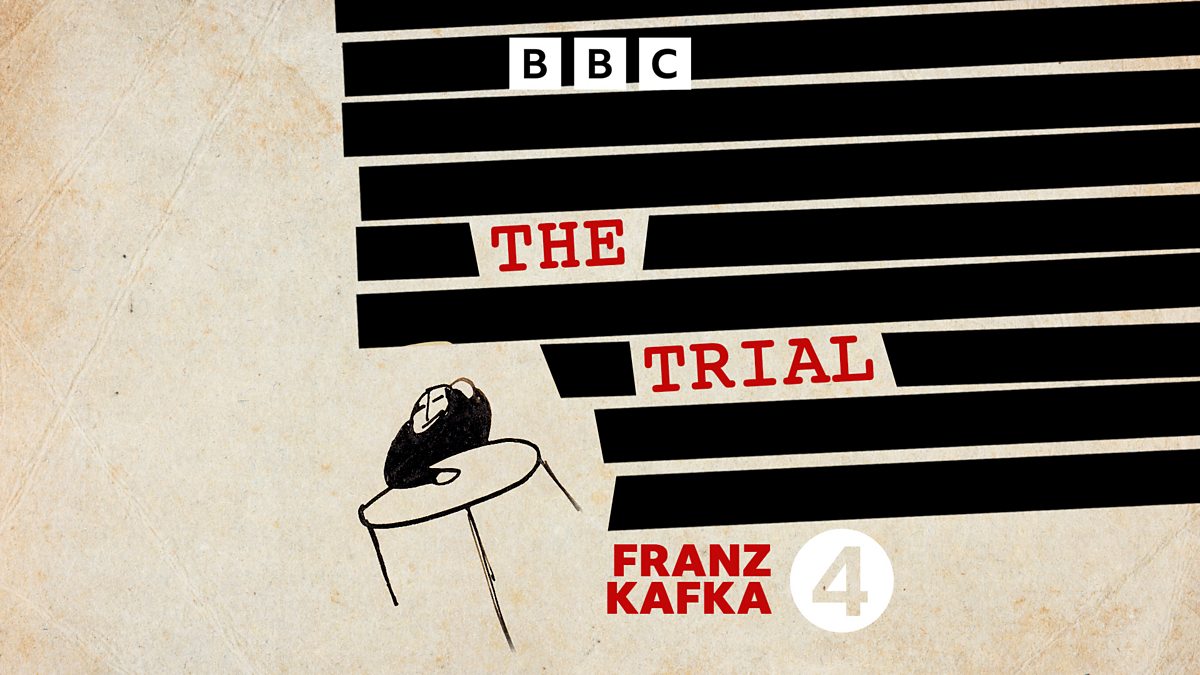Since the once diverse intellectual forests of Radio 3 is being transformed into a cultural desert, those seeking something rather more worthwhile than listening to DJ’s saying how wonderful classical music is maybe tempted to tune in to Radio 4 this Saturday, where Orwell’s Nineteen Eighty Four is being serialised across the day:
It forms part of a ‘Orwell vs Kafka’ (sic) series of programmes over the weekend,
that includes a dramatisation of The Trial on Sunday afternoon:
It forms part of a ‘Orwell vs Kafka’ (sic) series of programmes over the weekend,
that includes a dramatisation of The Trial on Sunday afternoon:



Comment